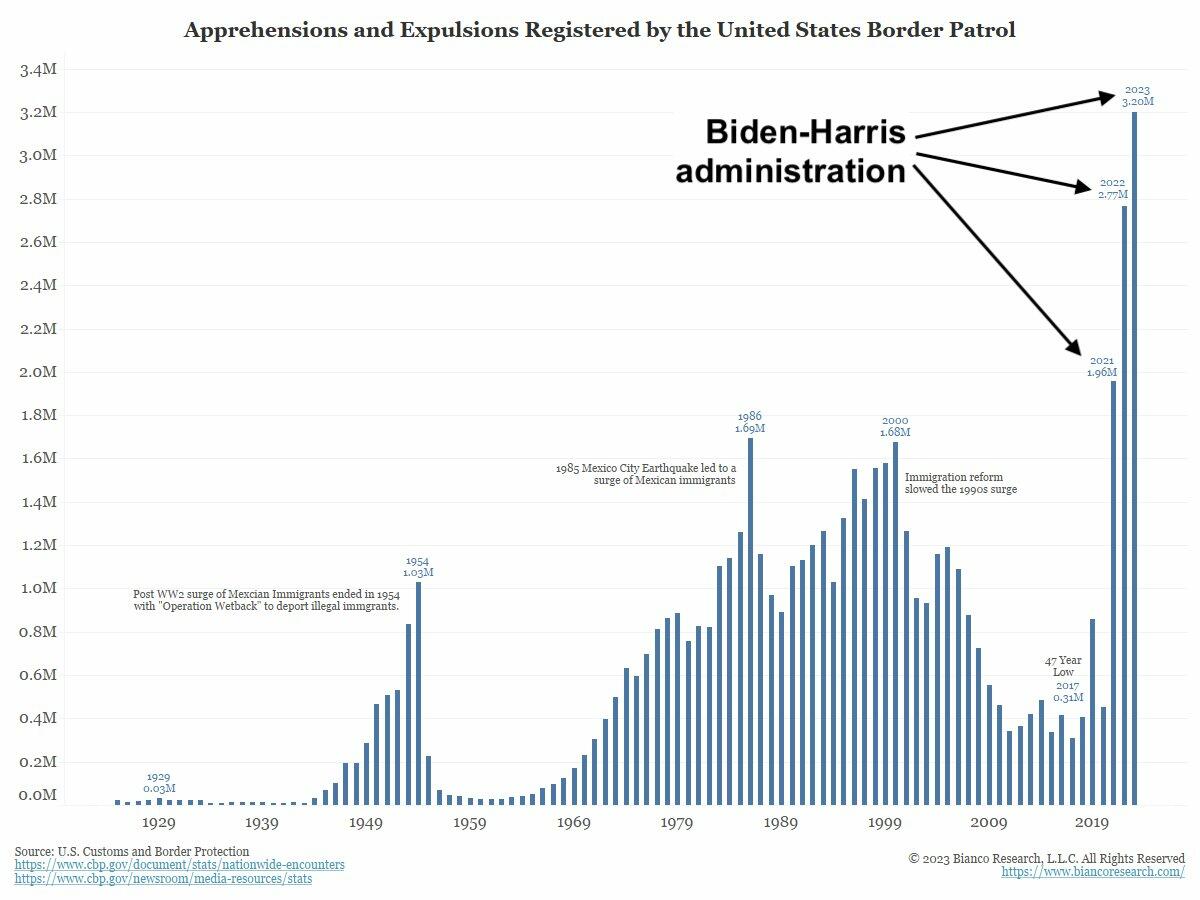If approved in chronic obstructive pulmonary disease, Nucala will compete with Verona’s Ohtuvayre and—pending a potential approval later this month—Sanofi and Regeneron’s blockbuster Dupixent.
GSK on Friday announced topline results from the Phase III MATINEE trial, which found that its injectable antibody Nucala (mepolizumab) lessened exacerbations in patients with chronic obstructive pulmonary disease.
The pharma did not provide specific data in its announcement, only revealing that after following patients for up to two years, Nucala led to a “statistically significant and clinically meaningful reduction” in annual rates of moderate or severe exacerbations, compared with placebo. In terms of safety, Nucala’s adverse events in MATINEE were consistent with its known profile.
Further analysis of MATINEE continues and GSK will present full findings from the trial at a future scientific congress. The pharma will also share trial results with health regulatory authorities. Nucala is currently not approved for chronic obstructive pulmonary disorder (COPD).
Administered via a subcutaneous injection, Nucala is a monoclonal antibody designed to target the IL-5 cytokine, which is principally responsible for the growth, activity and survival of eosinophils. By binding to inhibiting IL-5, Nucala helps dampen the inflammatory response which is an underlying mechanism in various respiratory conditions.
The FDA first approved Nucala in November 2015 for the treatment of severe asthma in patients aged 12 years and older. Since then, Nucala has expanded into other indications including chronic rhinosinusitis with nasal polyps (CRSwNP), eosinophilic granulomatosis with polyangiitis (EGPA) and hypereosinophilic syndrome (HES). According to its label, Nucala’s precise mechanism of action for asthma, CRSwNP, EGPA and HES has not yet been fully elucidated.
Through MATINEE, GSK is looking to push Nucala into COPD. The late-stage, double-blinded, randomized and placebo-controlled trial enrolled more than 800 patients who received either Nucala or placebo on top of their usual, optimized maintenance therapies. Treatment lasted for at least 52 weeks, with a maximum duration of 104 weeks.
GSK’s COPD program for Nucala also includes METREX and METREO, which were completed in 2017.
Friday’s readout comes as the COPD space gears up for a potentially big approval later this month for Sanofi and Regeneron’s blockbuster antibody Dupixent. The partners are supporting their expansion bid with data from the Phase III BOREAS and NOTUS trials, which found that Dupixent could lower moderate or severe acute exacerbations while also boosting lung function.
The FDA accepted the supplemental Biologics License Application on February 2024 and gave it Priority Review, which means that the target action date should have been in June. However, weeks before its deadline, the regulator asked for additional efficacy data from BOREAS and NOTUS, which led to a delay in the review. The new PDUFA date is Sept. 27.
In the COPD space, Verona’s Ohtuvayre was approved in late June 2024 and represents the first novel mechanism of action for the condition in more than 10 years.
In the late-stage ENHANCE-1 and ENHANCE-2 studies, Ohtuvayre resulted in a respective 87-mL and 94-mL improvement in forced expiratory volume—a key measure of lung function. Verona’s drug also lowered exacerbations and prolonged the time before patients experienced their first exacerbation.
https://www.biospace.com/drug-development/gsk-builds-nucalas-copd-case-with-phase-iii-win



